MAYK’s Reading Week: The Importance of Pause and Reflection
In the fast-paced world of producing, it's all to easy to get swept up in the constant stream of emails, meetings, and deadlines. While essential for keeping projects on track, this relentless focus on the day-to-day can sometimes leave little room for the kind of deep thinking and inspiration that fuels creativity. That's why in September, inspired by the Bristol Natural History Consortium, MAYK decided to take a Reading Week – allowing our team to step back, explore new ideas, and recharge our creative energies.
Reading Week gave us space to immerse ourselves in the books, articles, events, and performances we don’t always have time to engage with. It was a chance to reflect on the world around us, be inspired by new voices, and gain fresh perspectives that will inform and enrich our future work. In an industry driven by storytelling and innovation, taking the time to pause, read, and reflect is important, allowing us to return with renewed creativity and passion for the work we do.
It was a completely open brief, giving us the freedom to structure each day as we saw fit. We thought it’d be interesting to share a bit of what we got up to with you. Read on to hear about our weeks, directly from each team member.
Kate
In prep for the week I wrote a list of things that I felt were very present for me - in relation to my work but also more broadly in other aspects of my life; and of course they are very linked. Attention, rigour, compassion, creating in scarcity, how architecture affects mood, trauma informed practice, bringing people into processes of complexity, working with difference, not knowing, freedom and honesty. Also thinking about ‘the living’ as a more fluid dialogue between human and animal.
I spent time in lots of different books and podcasts and felt at times inspired, sometimes overwhelmed and consistently reminded of the importance of carving out time for reading/engaging with new ideas and following ones own curiosity. Shout out to Tricia Hersey, Esther Perel, Miranda July, Adrienne Maree Brown and Baptiste Morizot for my most memorable experiences.
Matthew
I did a combination of catching up on some articles and podcasts that I hadn’t got round to reading – the subject-matter of which veered all over the place, from food sustainability in cities, to producing, to working class representation in the arts, to geeking out on productivity tips – and some more in-depth reading. I read Amber Massie-Blomfield’s brilliant book Acts of Resistance and Jerwood Arts Team(Work) in Practice, and as I was travelling at the beginning of the week I attended two sessions in Shanghai on dramaturgy and festival curation in an East Asian context, which were both fascinating.
Danny
I was reading, listening, and watching about many different things, including gender & voice, the intersections of class, race & fascism, and narrative structure! I delved into podcasts, talks, books, and documentaries. A highlight was learning about why our voices sound different to us than they do to other people. Voice travelling through our bones baby!
Josephine
I delved into a book called History for Tomorrow by Roman Krznaric which draws on the importance of Applied History. I was really drawn (back) to the idea that rage is important, especially in times of conflict and oppression, and how we can use rage as a tool for radical change.
I learnt about contact theory - as humans we have a tremendous capacity to get along, despite our differences and our failings. When we are in more regular contact with others, we become more understanding and more tolerant. I also learnt about convivial design - where to create conditions for human relationships to thrive. I learnt that Ghana has been named as one of the most peaceful nations, due to it's sense of happiness and people coming together.
I learnt about the history of Al-Andalus - a medieval time, where Jews, Christians and Muslims lived side by side despite their conflicting religions. They used systems such as a jizya, which is where you pay a tax in order to be able to practice your religion in public, otherwise people had to keep their views private.
I bought Care Work: Dreaming Disability Justice, a book by Leah Lakshmi Piepzna-Samarasinha that I have just started, and also went to see Kneecap - what a HOOT. Highly recommend.
Liza
During Reading Week, I felt pulled in a few different directions and wanted to allow myself to flow the way the each day directed. What transpired was a week of exploring different disciplines individually and within guided settings. I did some fine art practice, something I haven’t done properly since school, working on a series of paintings and attending a life art drawing class at Arnolifini. Although I wouldn’t consider myself an ‘good’ illustrator, it was liberating to work on something without the expectation of it being judged, and thus having to be good. I decided to add words to the paintings I’d done and write adjoining poetry, a fulfilling past time for me since childhood.
I attended a website and SEO workshop at Sparks facilitated by Artspace Lifespace and led by Amie Cox from Studio Cotton. It was of course helpful for my role as a marketing and comms girlie, but it also felt extremely refreshing to be around other creatives and artists supporting each other’s learning. I too went to go and watch Kneecap with Josephine and would highly recommend — its super entertaining and thought-provoking. It got me mulling over cultural exchange and global resistance. Never in my life did I think I’d root for white people that rap and yet the Kneecap boys exist!

